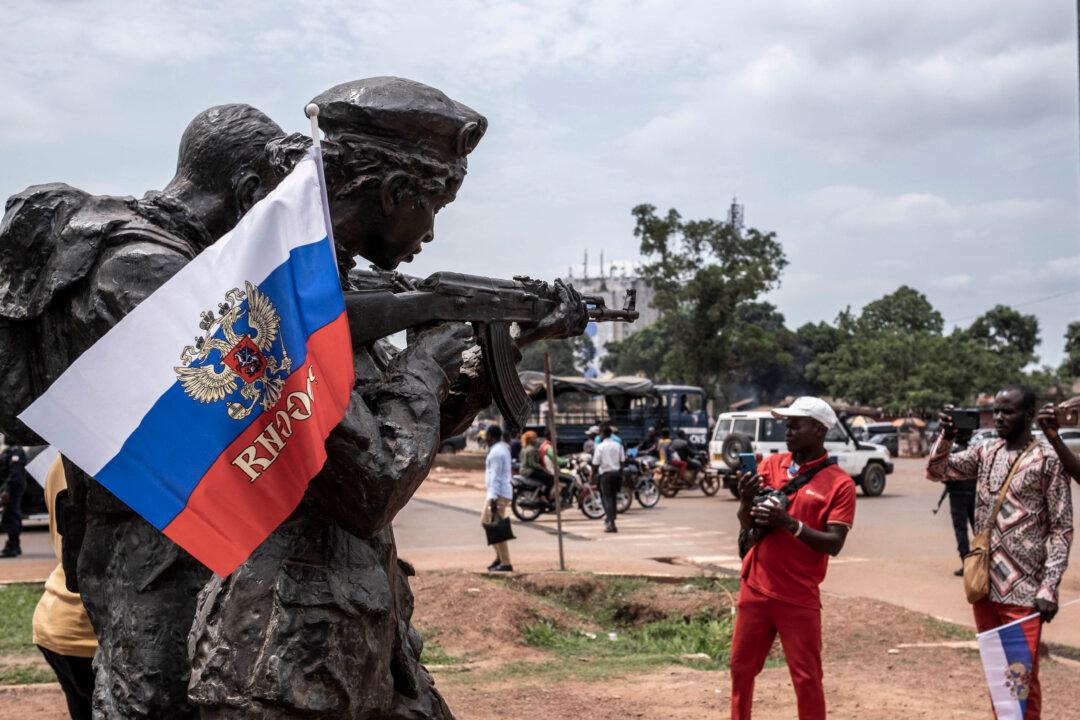Russia’s attempts to cement itself in Africa, especially since it invaded Ukraine in February 2022, are proving to be remarkably successful, largely because of several policy mistakes made by the United States and other Western powers.
This was the testimony from three key witnesses before the U.S. House Committee on Foreign Affairs on July 18, at a hearing focusing on the impact of Moscow’s activities on the continent and consequences for U.S. national security interests.





